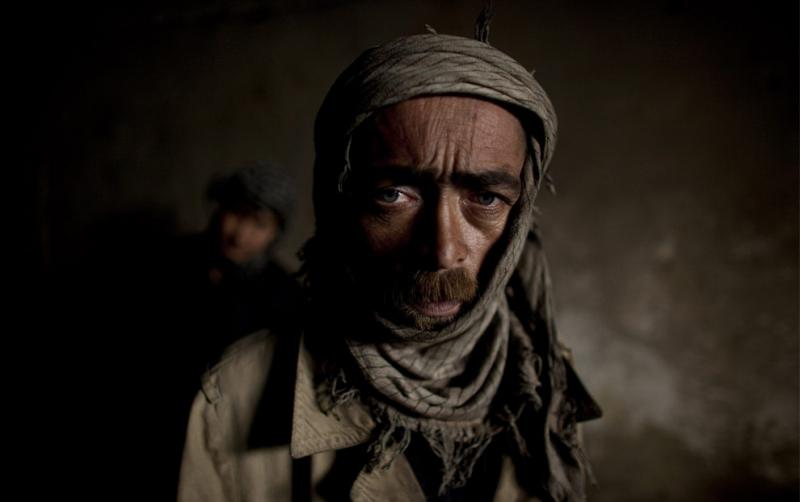|
|
Life In Afghanistan
|
Afghanistan is a country at a unique nexus point where numerous civilizations have interacted and often fought, and was an important site of early historical activity. The region has been home to various peoples through the ages, among them were ancient Aryan tribes who established the dominant role of Indo-Iranian languages in the region. In certain stages of the history the land was conquered and incorporated within large empires, among them the Achaemenid Empire, the Macedonian Empire, the Indian Maurya Empire, the Muslim Arab Empire, the Sasanid Empire, and a number of others. Many dynasties and kingdoms have also risen to power in what is now Afghanistan, such as the Greco-Bactrians, Kushans, Indo-Sassanids, Kabul Shahis, Saffarids, Samanids, Ghaznavids, Ghurids, Kartids, Timurids, Mughals, and finally the Hotaki and Durrani dynasties that marked the political beginning of modern Afghanistan.
Following the September 11, 2001 attacks in the United States, the U.S. and British air forces began bombing al-Qaeda and Taliban targets inside Afghanistan during Operation Enduring Freedom. On the ground, American and British special forces along with CIA Special Activities Division units worked with commanders of the Northern Alliance to launch a military offensive against the Taliban forces. These attacks led to the fall of Mazar-i-Sharif and Kabul in November 2001, as the Taliban retreated from the north of the country to the south. In December 2001, the International Security Assistance Force (ISAF) was established by the UN Security Council to help assist the newly formed Karzai administration.
As more coalition troops entered the war and the Northern Alliance made their way southwards, the Taliban and al-Qaida retreated toward the mountainous Durand Line border between Afghanistan and Pakistan. From 2002 onward, the Taliban focused on survival and on rebuilding its forces. Meanwhile, NATO assumed control of ISAF in 2003 and the rebuilding of Afghanistan began, which is funded by the United States and many other nations. Over the course of the years, NATO and Afghan troops led several offensives against the entrenched Taliban, but proved unable to completely dislodge their presence. By 2009, a Taliban-led shadow government began to form complete with their own version of mediation court.
|
|









